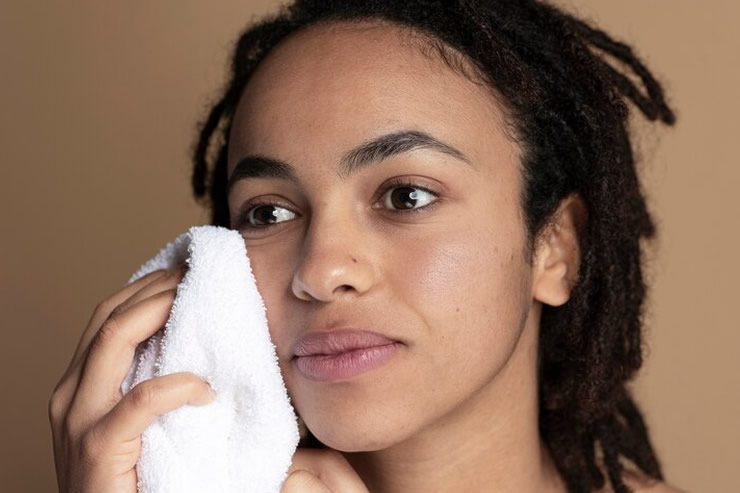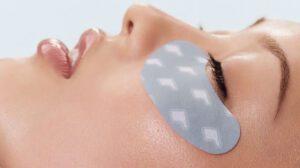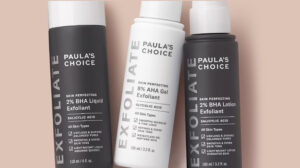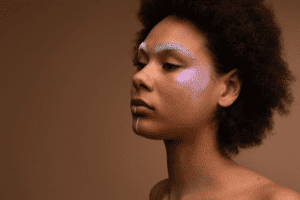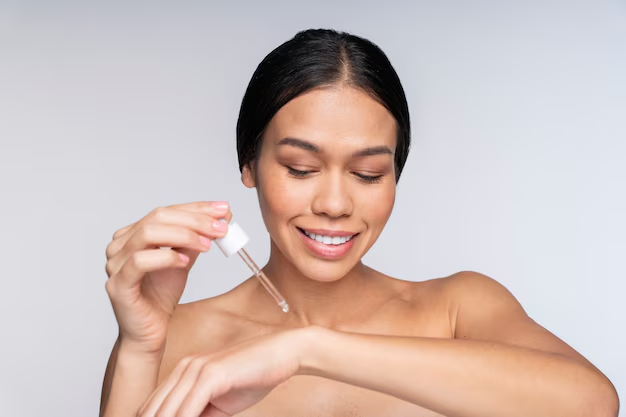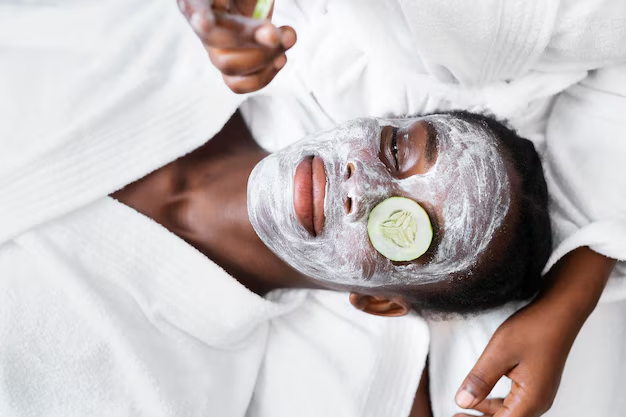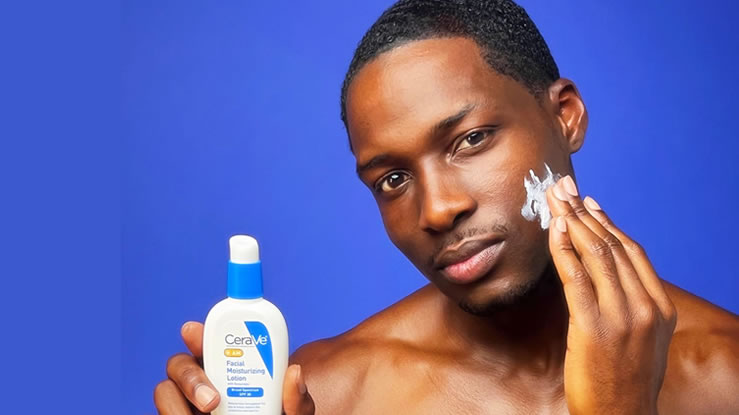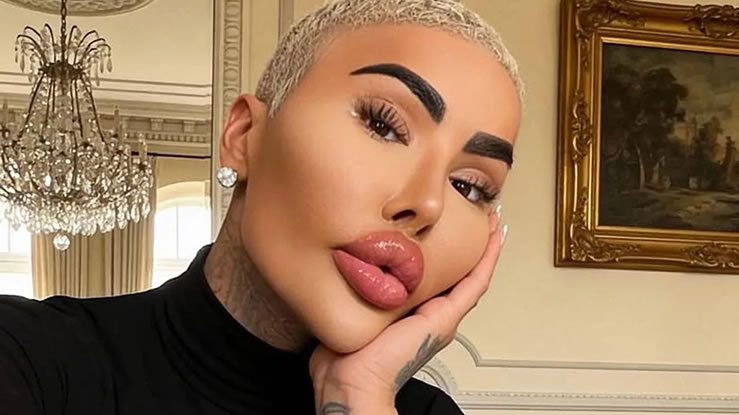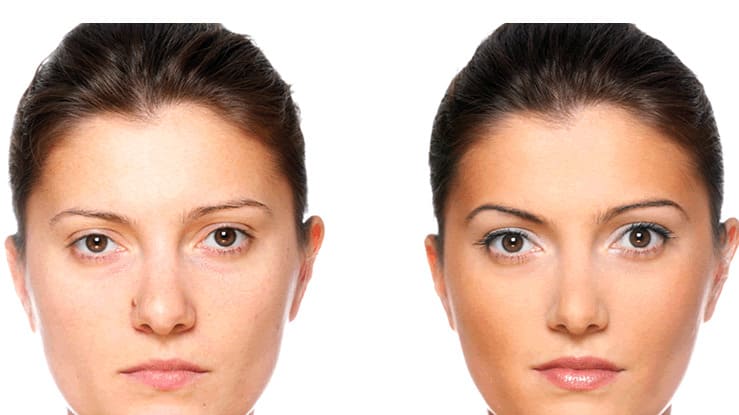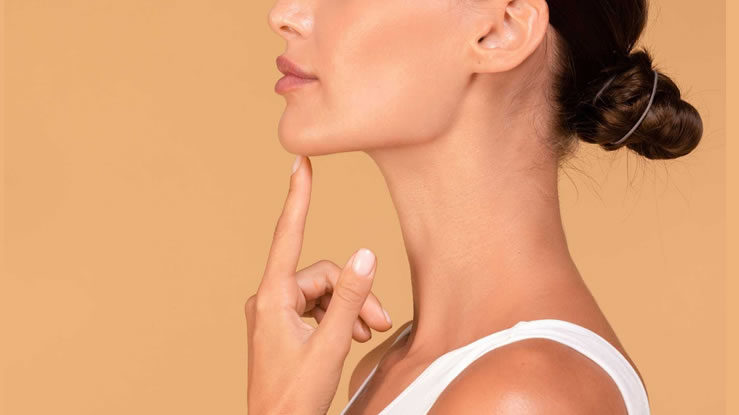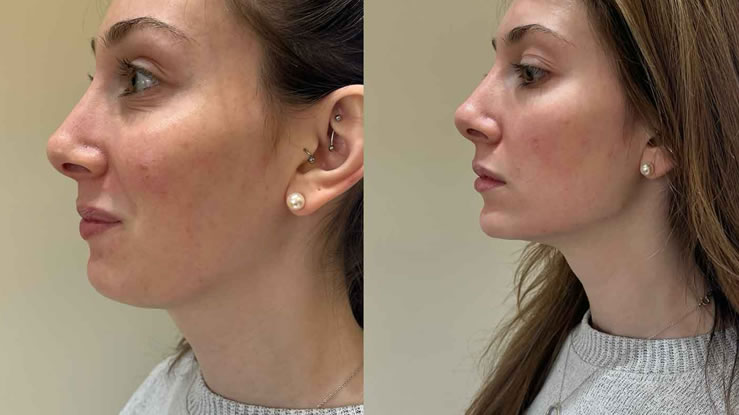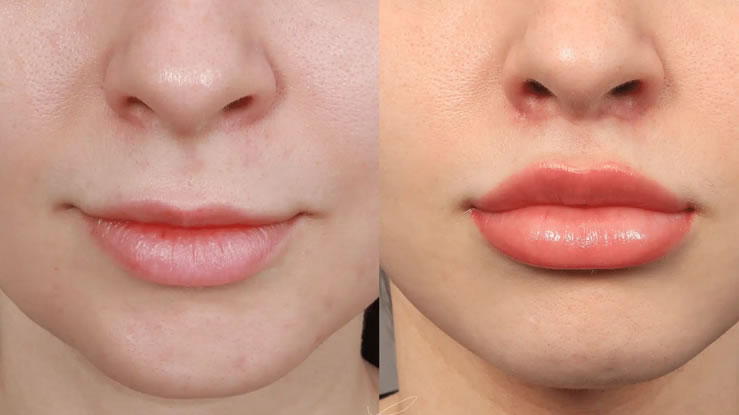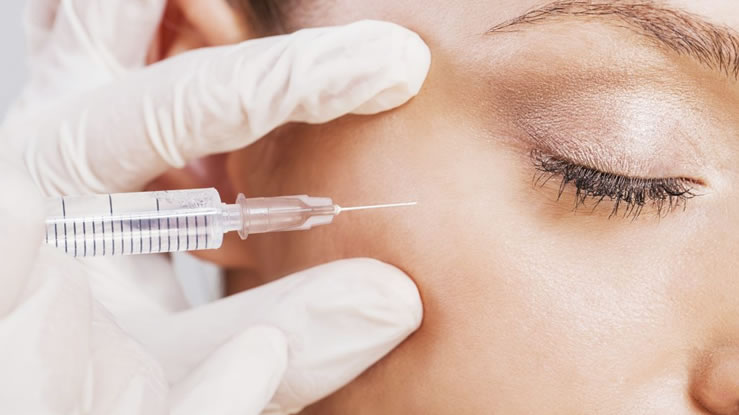Managing oily skin can be challenging, but with the right strategies and skincare habits, you can control excessive oil production and maintain a healthy, matte complexion. This guide will cover causes, prevention, and actionable tips to help you stop your face from being oily.
What is an Oily Skin?
Oily skin occurs when sebaceous glands produce excess sebum, a natural oil that hydrates and protects your skin. While some oil is beneficial, too much can lead to clogged pores, acne, and a shiny complexion.
Common Causes of Oily Skin
- Genetics: If your family members have oily skin, you may inherit it.
- Hormones: Fluctuations in hormones, particularly during puberty, menstruation, or pregnancy, can increase sebum production.
- Diet: Foods high in refined sugars, dairy, and fats may exacerbate oiliness.
- Stress: Stress stimulates cortisol, which can trigger more oil production.
- Skincare Mistakes: Overwashing, using harsh products, or skipping moisturizer can signal your skin to produce more oil.
Daily Skincare Routine for Oily Skin
To stop your face from being oily, it’s crucial to adopt a skincare routine tailored to your skin type.
1. Cleanse Twice a Day
Use a gentle, oil-free, foaming cleanser to remove dirt and excess oil without over-stripping your skin. Avoid harsh soaps that can irritate your skin and trigger more sebum production.
2. Exfoliate Regularly
Exfoliation helps remove dead skin cells that can clog pores and lead to excess oil. Use a chemical exfoliant containing salicylic acid or glycolic acid 2-3 times a week. Avoid physical scrubs, as they can irritate your skin.
3. Tone with an Astringent
Opt for alcohol-free toners with ingredients like witch hazel or niacinamide to reduce oil and minimize pores.
4. Moisturize
Contrary to popular belief, oily skin still needs hydration. Choose a lightweight, oil-free, non-comedogenic moisturizer. Look for products labeled “gel” or “water-based.”
5. Apply Sunscreen Daily
Use a broad-spectrum, oil-free sunscreen with an SPF of at least 30. Sunscreen prevents UV damage that can exacerbate oily skin and cause aging.
You might like>>>What Is the Best Thing to Hydrate Skin?
Lifestyle Changes to Control Oily Skin
1. Maintain a Balanced Diet
Include foods rich in omega-3 fatty acids, such as salmon, flaxseeds, and walnuts, to support healthy skin. Avoid greasy, sugary, and processed foods.
2. Stay Hydrated
Drink at least 8 glasses of water daily to keep your skin hydrated from within.
3. Reduce Stress
Practice stress management techniques like yoga, meditation, or regular exercise to lower cortisol levels and reduce oil production.
4. Use Blotting Papers
Carry blotting papers to absorb excess oil throughout the day without disrupting your makeup.
Skincare Ingredients to Look For
- Salicylic Acid: Dissolves excess oil and unclogs pores.
- Benzoyl Peroxide: Reduces oiliness and prevents acne.
- Niacinamide: Regulates sebum production and improves skin texture.
- Clay: Absorbs oil and purifies skin; ideal for weekly masks.
- Hyaluronic Acid: Hydrates skin without adding oil.
DIY Remedies for Oily Skin
1. Clay Mask
Mix bentonite or kaolin clay with water or rose water and apply it to your face once a week. It absorbs excess oil and impurities.
2. Honey and Lemon Mask
Combine 1 tablespoon of honey with a few drops of lemon juice. Apply it to your face for 10 minutes. Honey is a natural humectant, and lemon reduces oil.
3. Aloe Vera Gel
Apply pure aloe vera gel to your face before bedtime to soothe and hydrate your skin.
What to Avoid
- Overwashing Your Face
Washing your face more than twice daily can strip away natural oils, causing your skin to overcompensate with more oil production. - Skipping Moisturizer
Dehydrated skin produces more oil, so always moisturize, even if your skin feels oily. - Using Heavy or Pore-Clogging Products
Avoid thick creams, petroleum-based products, or makeup that isn’t non-comedogenic. - Touching Your Face
Frequent touching transfers bacteria and oil from your hands to your face, increasing the risk of breakouts.
When to See a Dermatologist
If over-the-counter solutions and lifestyle changes don’t control your oily skin, consult a dermatologist. They may recommend treatments like:
- Prescription-strength retinoids.
- Hormonal therapies (for hormone-related oiliness).
- Professional chemical peels or laser treatments.
Stopping your face from being oily requires a combination of consistent skincare, healthy lifestyle choices, and the right products. While managing oily skin takes effort, the rewards of a balanced, healthy complexion are well worth it. With these strategies, you’ll be well on your way to keeping oiliness under control and achieving skin that looks and feels its best.
Related Articles

